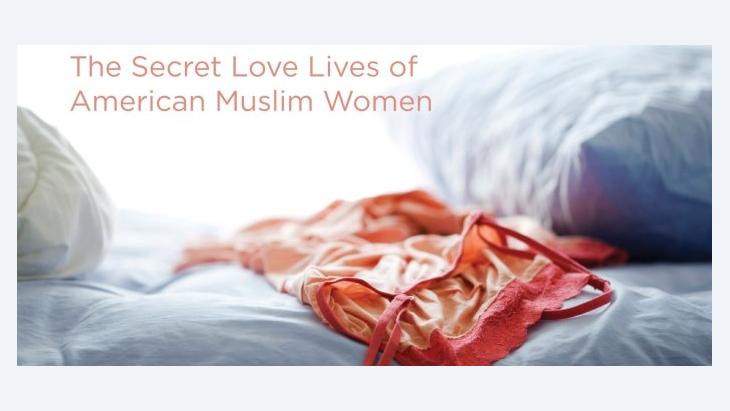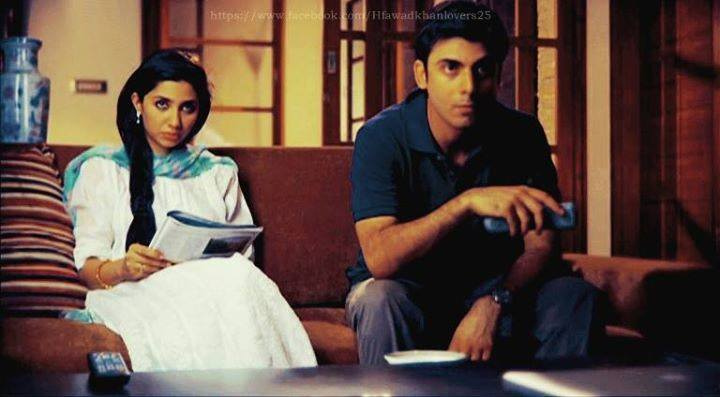Menses’ non-sense: Menstruation and the Muslim Woman’s “Red Tent”
Muslims love to brag about how the status of women was elevated from the backward practices found in earlier Judaic and Christian societies with the revelation of the Qur’an. Plenty of comparisons between Islam and Judeo-Christian traditions are available, highlighting categorical differences on divorce, inheritance, property ownership, education, and much more. However, as a revert from Catholicism, it is almost as if with the melodious utterance of the declaration of faith, menstruation became a monthly preoccupation, and every four weeks MC Hammer’s lyrics “You can’t touch this” began to play in my head.
Read More



